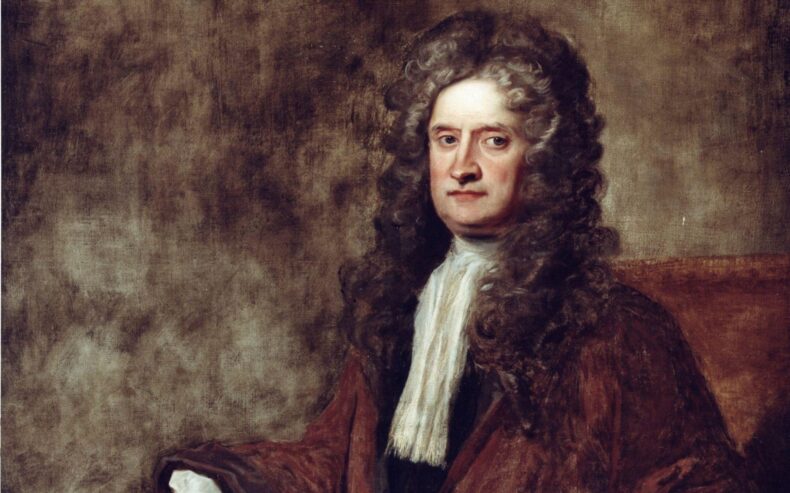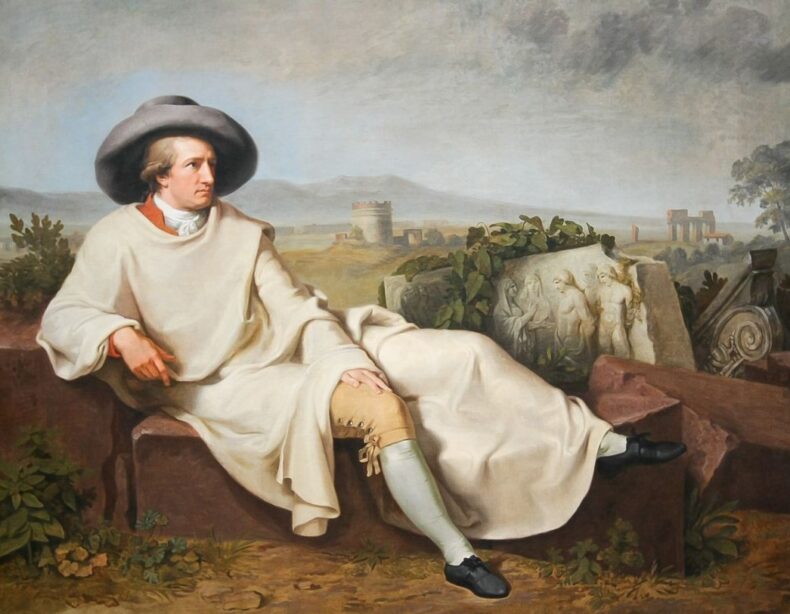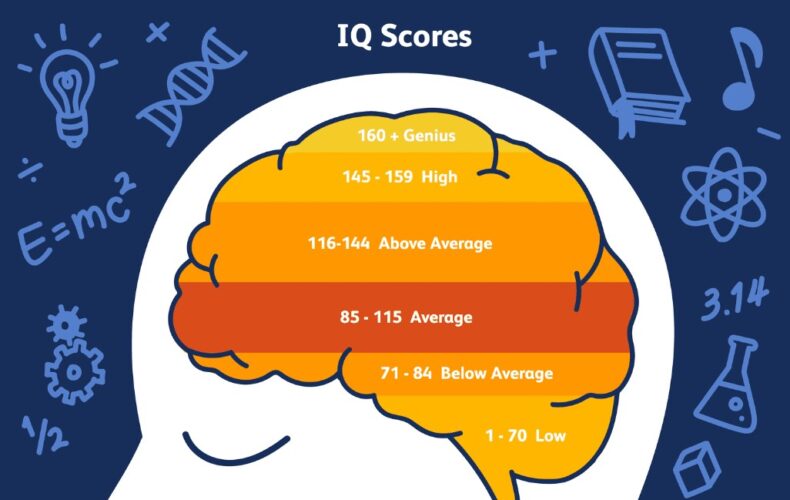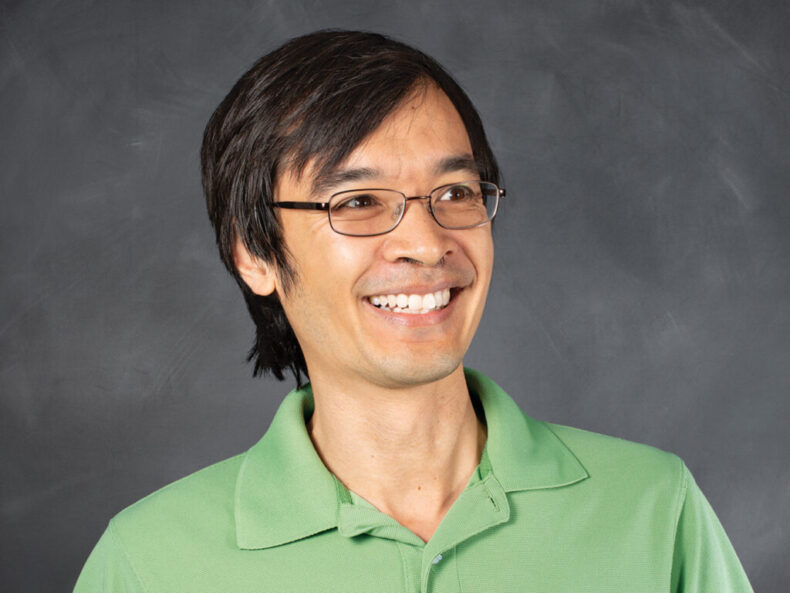Terence Tao, often heralded as one of the most prodigious mathematicians of our time, boasts an intellect that has left many in awe. His IQ, a measure often used to gauge intellectual prowess, is frequently cited as being in the stratospheric range.
IQ, or Intelligence Quotient, is a standardized score derived from various tests designed to measure human intelligence. The average IQ score is set at 100, with the majority of the population scoring between 85 and 115. Scores above 130 are considered highly gifted, while scores above 160 are exceedingly rare, and often associated with extraordinary intellectual capabilities.
IQ tests measure various cognitive abilities, including logical reasoning, problem-solving skills, and the capacity to understand complex ideas. Have you ever wondered what your IQ is? Why not find out over on Qui Si Risolve!
Terence Tao’s IQ
Terence Tao’s IQ is often reported to be around 230, a number that places him well beyond the typical range even for geniuses.
To put this into perspective, Albert Einstein and Stephen Hawking, two of the most renowned scientific minds of the 20th century, are estimated to have had IQs in the range of 160-180. Tao’s score not only surpasses theirs but also sits at a level that is scarcely documented in human history.
Terence Tao ─ A Prodigy’s Journey

Born in 1975 in Adelaide, Australia, Terence Tao exhibited extraordinary mathematical abilities from a very young age. By the time he was two years old, he was already able to perform basic arithmetic. At the age of nine, he took university-level mathematics courses. Tao’s academic journey continued at an accelerated pace, and by the age of 20, he had completed his Ph.D. in mathematics from Princeton University.
Tao’s contributions to mathematics are vast and varied. He has worked on harmonic analysis, partial differential equations, algebraic combinatorics, and number theory, among other areas. His work has earned him numerous accolades, including the Fields Medal in 2006, often regarded as the “Nobel Prize of Mathematics.”
Comparing Tao to Other Geniuses
Albert Einstein
Albert Einstein’s contributions to physics, particularly his theory of relativity, revolutionized our understanding of space, time, and energy. His IQ is often estimated to be around 160-180. While Einstein’s intellect was profound, it is essential to recognize that his impact on science was not solely due to his IQ but also his unique ability to think differently and challenge established norms.
Leonardo da Vinci
Leonardo da Vinci, the quintessential Renaissance man, excelled in various domains, including art, science, engineering, and anatomy. His IQ is estimated to have been around 180-190. Da Vinci’s genius was characterized by his insatiable curiosity and ability to observe and conceptualize the natural world in ways that were centuries ahead of his time.
Isaac Newton

Isaac Newton, whose work laid the foundations for classical mechanics and calculus, is estimated to have had an IQ in the range of 190-200. Newton’s intellect and relentless pursuit of knowledge allowed him to make groundbreaking discoveries that continue to influence science and mathematics today.
Nikola Tesla
Nikola Tesla, an inventor and electrical engineer, is credited with numerous innovations, including the development of alternating current (AC) electrical systems. His IQ is estimated to have been between 160-310, a range that reflects both the extraordinary breadth and depth of his intellect. Tesla’s visionary ideas and inventions were often years, if not decades, ahead of his time.
Marie Curie
Marie Curie, a pioneering physicist and chemist, conducted groundbreaking research on radioactivity, a term she coined. Her IQ is estimated to have been around 180-200. Curie’s rigorous scientific methodology and perseverance led to her being the first person to win two Nobel Prizes in different scientific fields.
Johann Wolfgang von Goethe

Goethe, a German writer, poet, and polymath, had an IQ estimated to be between 210-225. His literary works, scientific research, and philosophical insights showcase an intellect that was both broad and deep, spanning multiple disciplines and influencing countless others.
Blaise Pascal
Blaise Pascal, a French mathematician, physicist, and inventor, made significant contributions to the fields of mathematics and fluid mechanics. His IQ is estimated to have been around 190-200. Pascal’s brilliance was evident from a young age, and his work continues to be foundational in both mathematics and philosophy.
William James Sidis
William James Sidis, an American child prodigy with an estimated IQ of 250-300, remains one of the most intriguing figures in the annals of intellectual history. Sidis was admitted to Harvard University at age 11 and demonstrated extraordinary talents in mathematics and languages. However, his life took a different path, and he withdrew from public life, focusing on obscure academic interests.
Christopher Langan
Christopher Langan, often referred to as the “smartest man in America,” has an IQ estimated to be between 195-210. Despite his high IQ, Langan has lived a relatively modest life, working various jobs while developing his theories on the relationship between the mind and reality, known as the Cognitive-Theoretic Model of the Universe.
Marilyn vos Savant
Marilyn vos Savant, who once held the Guinness World Record for the highest IQ at 228, is known for her column in “Parade” magazine, where she answers readers’ questions on a wide range of topics. Vos Savant’s intellectual abilities span diverse fields, demonstrating the versatility of high IQ.
IQ ─ A Measure of Potential, Not Solely Achievement

While IQ scores provide a numerical representation of certain cognitive abilities, they do not encapsulate the entirety of an individual’s intellectual capacity or their potential to contribute to various fields.
High IQ individuals often exhibit remarkable talents and capabilities, but their achievements also depend on factors such as creativity, motivation, opportunity, and perseverance.
In comparing Terence Tao’s IQ to other geniuses, it becomes evident that while his IQ is exceptionally high, it is his application of this intellect to solve complex mathematical problems that sets him apart. Similarly, other geniuses have leveraged their intellectual capabilities in different ways, leading to groundbreaking discoveries and innovations.
The Limitations of IQ Tests
IQ tests, while useful in certain contexts, have limitations. They are designed to measure specific cognitive abilities and may not fully capture other forms of intelligence, such as emotional intelligence, creativity, practical skills, and social acumen.
Additionally, cultural and socioeconomic factors can influence test results, potentially giving a disadvantage to individuals from diverse backgrounds.
Furthermore, high IQ does not guarantee success or happiness. Many high-IQ individuals have struggled with personal and professional challenges. It is essential to recognize that intelligence is multifaceted and that different forms of intelligence can lead to diverse and meaningful contributions to society.












